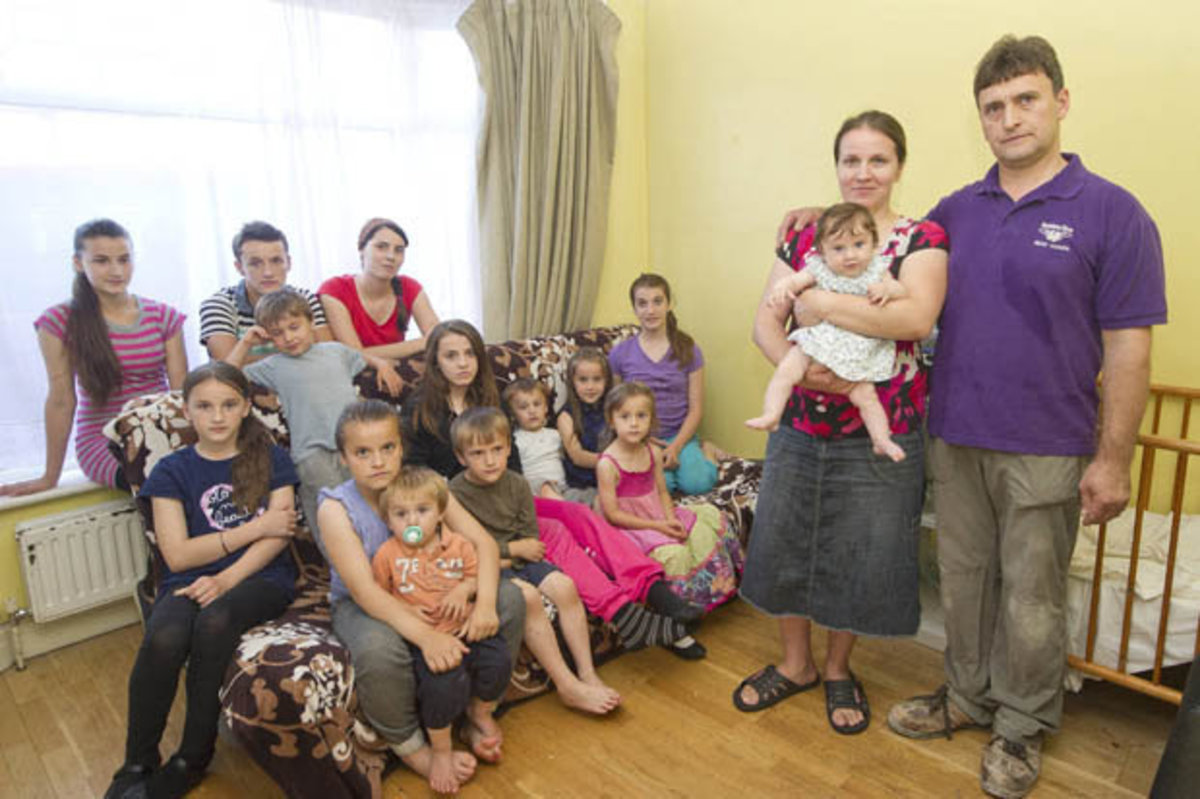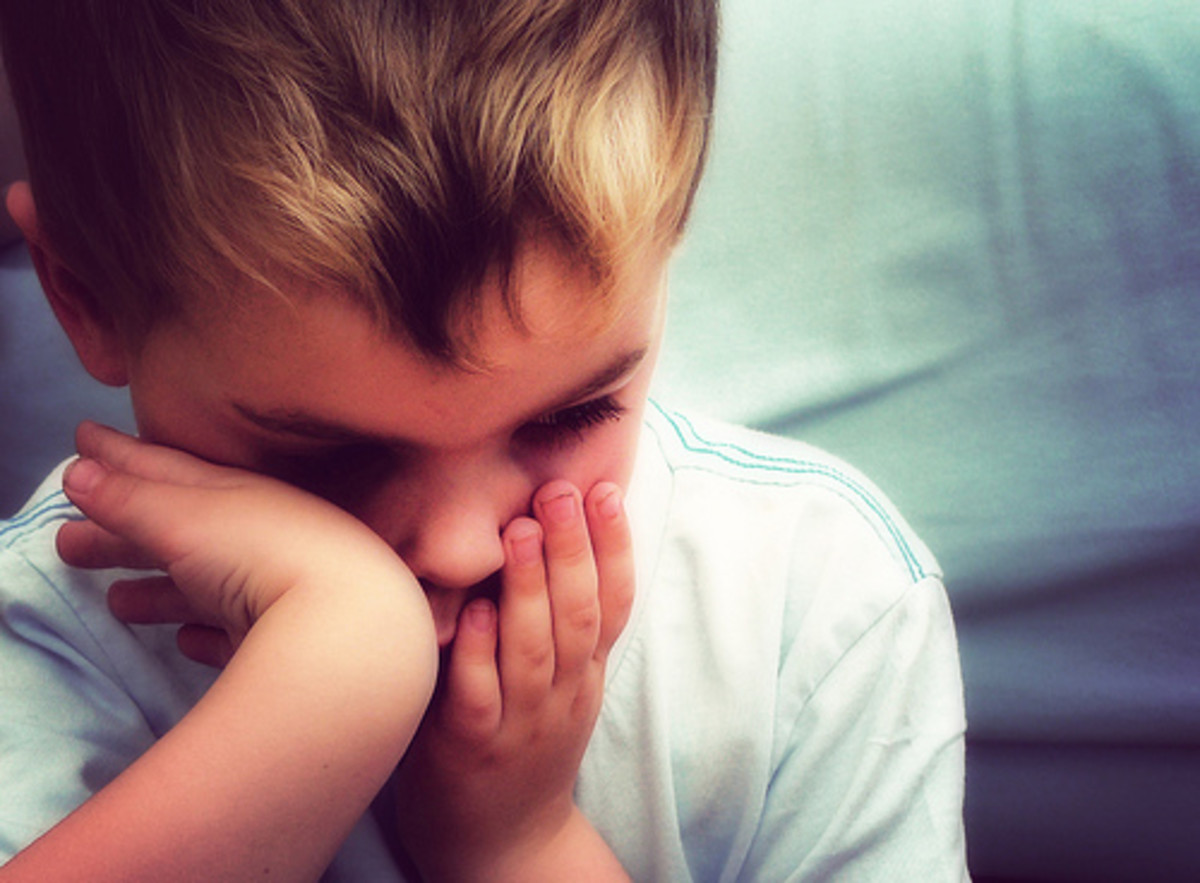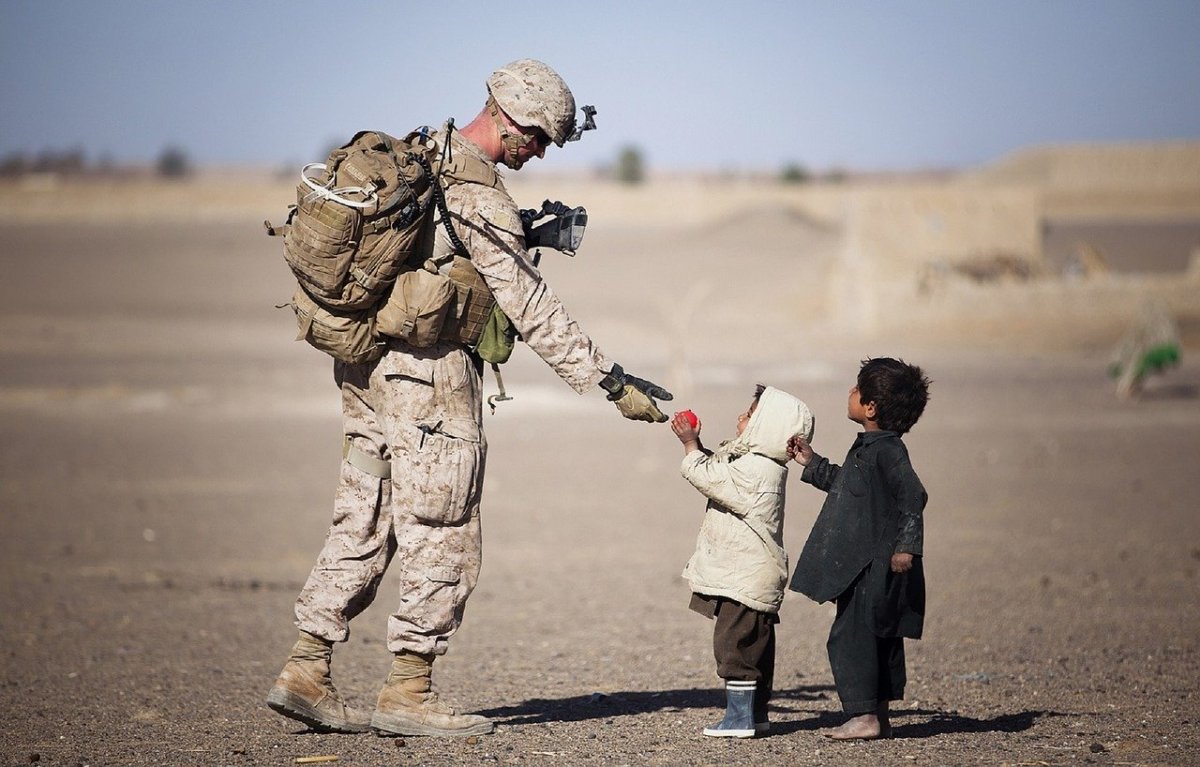The Large Family is Pathological, Part 2/2

Scarcity/Poverty Mentality in Large Families



X. SCARCITY MENTALITY OF LARGE FAMILIES
Part 2 and concluding chapter.
Many children who grew up in large families tend to have a poverty consciousness. Constant socioeconomic struggle and/or want is a way of life. Some even believe that struggle is the only legitimate way of life. They are unable to see a more socioeconomic conducive way of life.They view socioeconomic struggle as a noble and/or positive thing. The average person from a large family contends that he/she is the better person because he/she had very little as children.
Children from large families view socioeconomic affluence with deep suspicion. They are of the school that socioeconomic affluence and/or wealth is materialistic and wasteful. They even feel that such affluence and/or wealth, which are normal for many people, are insidiously extravagant. In their eyes, socioeconomic and/or wealthy people are greedy and selfish. Many contend that children from socioeconomic affluent and/or wealthy families are spoiled because they have the money to purchase things beyond the necessities. They believe that people should live at the most basic existence level socioeconomically and no more. They see nothing at all wrong with poverty.
Children from large families believe that life should be hard because they endure arduous and/or hardscrabble lives. They do not and/or will not understand that a hard life is not the way it should be. Many of them, because they had an extremely difficult life, believe that they are superior and/or better than those whose lives were easier as children.
Children as Adults in the Large Family System
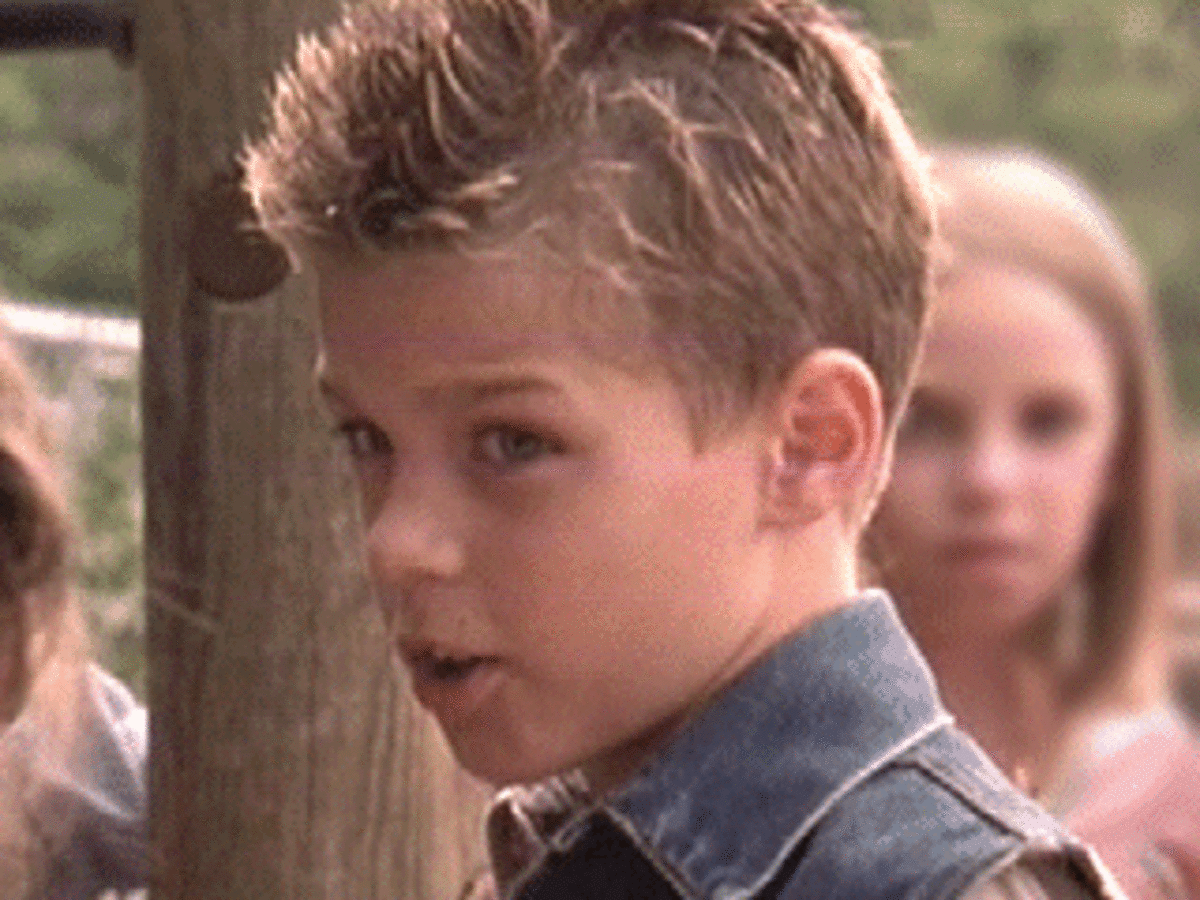
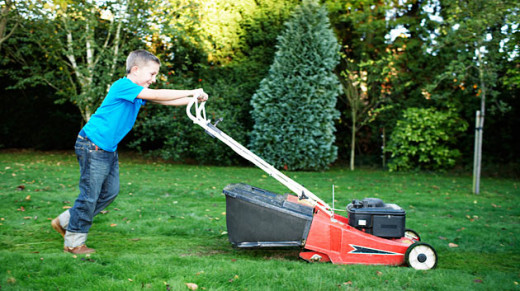

XI. CHILDREN ASSUMING ADULT ROLES IN LARGE FAMILIES
It is not unusual for children from large families to assume adult roles in the family. It is routine for children in large families to assume adult roles, responsibilities, and/or duties very early in life. The idea of a normative, carefree childhood is foreign to many children in large families. In large families, parental attention, influence, involvement, and/or love are next to non-existent. Children have to learn to parent themselves from childhood. In some cases, they have to parent other children, especially the older children in the family.
In addition to children in large families emotionally supporting themselves and each other, they oftentimes to work in order to acquire things that other children taken for granted. In large families, parents can barely support their children beyond the bare rudiments. If the latter want something extra or even normal items, they have to work for it. Many children from large families have after-school and weekend in addition to summer jobs in get things beyond the necessities. There are cases in which some children work in order to supplement their parents' very meager income. Their parents could not make it alone socioeconomically so they need as many helpers as they can to supplement the family income.
Besides caring for and raising themselves, many children in large families parent their younger siblings. It is customary for parents in large families to assign child-rearing duties to their older children. Many parents of large families find it overwhelming to raise a large number of children by themselves. It is an impossibility so they assign younger siblings to the care of the older children in the family. In typical large families, oldest children are the real parents in the family. The Duggar clan regularly assign each newborn sibling to the care of their older children. Parents of large families are parents in name only, giving birth and not being actually involved in the care of their children. They become involved with their children only when absolutely necessary.
More Hands Off Parenting in Large Families





XII. PARENTAL ATTITUDES IN LARGE FAMILIES
Parents of large families are of the attitude that children raise themselves. They are so involved with the day to day concerns to trying to find ways to survive socioeconomically and to provide their family with just enough rudiments. They really do not have the time to really be involved and nurturing, and be there parents for their children. They are of the school that children are highly capable and can do things for themselves.
Parents of large families believe that it is not necessary for parents to always be supervising and interacting with their children. They contend that their children can successfully navigate their own environment. They feel that their hands off approach to parenting makes their children better people in the long run. They furthermore aver that children do not need this individualized parental attention. They are of the belief that with the large amount of children they are, they are lucky if they receive any type of attention at all. To them, the youngest children will receive the more individualized attention as they are more vulnerable. The older ones, they believe, can look after themselves. All in all, parents of large families simply cannot indulge in more interactive parenting with their children.
Some parents of large families strongly believe that individualized parental time is spoiling children. They see nothing wrong with their hands off approach to parenting. They believe that the concept of giving children individualized parental time is really not necessary for their development. They feel that the older children really do not need to spend time with them anyway, the latter have siblings near their age to interact with.
As a result of this parent-child dynamic, many children from large families see the parent-child dynamic in small families as overindulgent. Many children from large families because they have so little interaction with their parents view their counterparts from small families as spoiled because the latter had individualized parental time and attention. They are also quite nonplussed that children even have close relationships with their parents. That is totally unheard in the large family environment. The average child from a large families cannot recall close and loving relationships with their parents at all but they easily and readily recall close relationships with their siblings.
Strictness as a Way of Establishing Control in the Large Family Structure

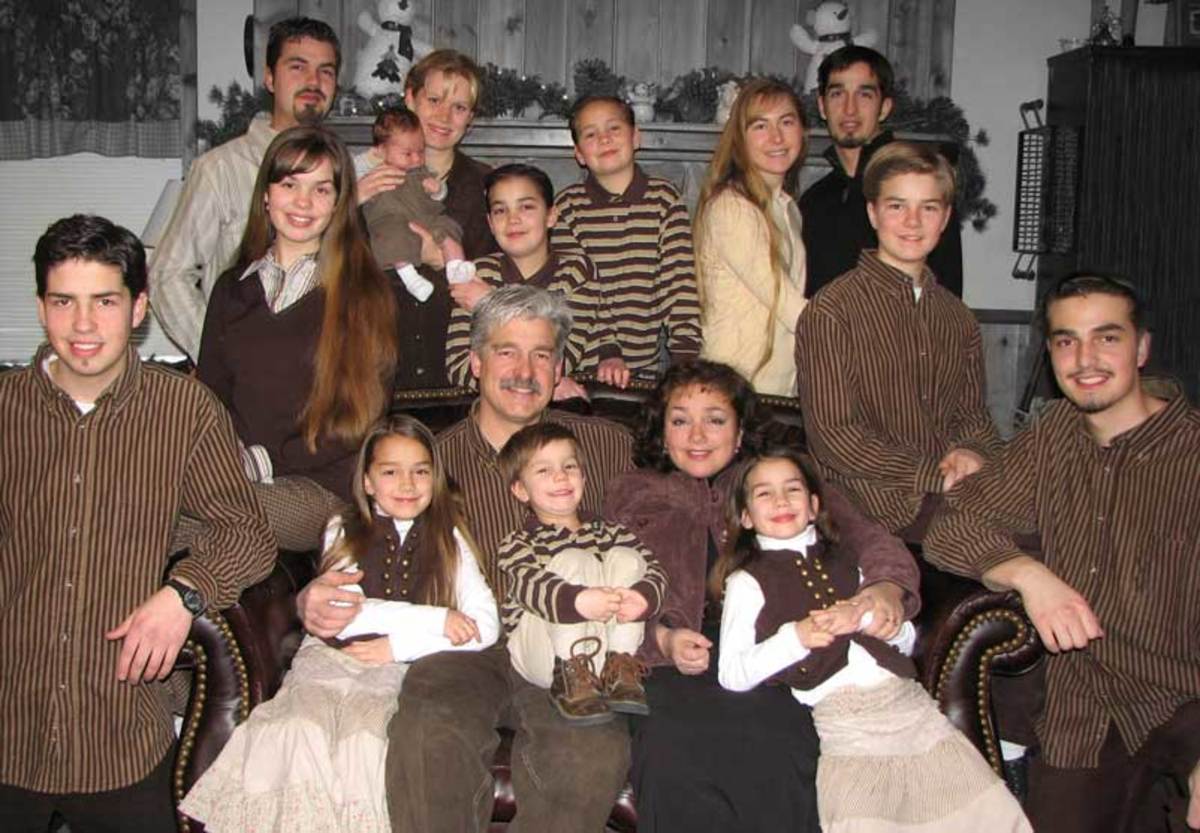
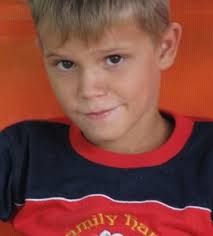
XIII. STRICTNESS IN LARGE FAMILIES
While some parents in large families adopt the more or less laissez faire parenting approach, others adopt a more authoritarian parenting approach. Since there is a large number of children in the family, they become overly strict with their children as a means of exercising levels of control.
These parents staunchly believe in establishing and implementing strict rules because they feel that this is an easier and more organized way to raise them. In many large families, adopting a strict approach is a way to prevent chaos and other forms of disorganization among children. These parents maintain that by establishing stringent rules and parameters everyone will know their place and their respective relationship in the household. They further believe that implementing these rules makes life more emotionally and psychologically less taxing on them as they have enough, even more, than enough to contend with.
Many children from large families recall being raised as if they were in the military. They report that their parents refuse to take into account that the rules did not take into account the latter's individual differences as the rules applied to everyone regardless of birth order status. They relayed that their parents wanted a functioning household above all else.
Lower Level of Educational Attainment & Lower Levels of Socioeconomic Success for Children from Large Families


XIV. LARGE FAMILIES AND THE RELATION TO MORE NEGATIVE EDUCATIONAL & SOCIOECONOMIC OUTCOMES
In large families, there is less money per child than there is in small families. As a result of this, many children from large families cannot afford to go to private school, settling for public education where the quality of education is oftentimes inferior. Because parents have less than adequate economic resources, many children from large families cannot pursue tertiary levels of education. In the average large family, because of tight finances, many children oftentimes must drop out of school at the secondary level in order to be the second bread winner in the family. Since they did not continue their education, they will be relegated to low paying jobs thus continuing the family cycle of poverty.
Studies have already confirmed that the larger the family, the least likely children will attain a high level of education as socioeconomic resources are further diluted with the birth of each successive child into the family. A study by Becker (1981) indicated that the larger the family, the less socioeconomic resources parents have to invest per child. Economists maintain that there more constraints on parental time and resources with each new sibling in the family structure. An article from the NEW YORK DAILY NEWS decades ago confirmed that children from large families tend to be more socioeconomically disadvantaged, even in adulthood, as a result of their low educational level which result in their obtaining lower level positions. Children in large families are the least socioeconomic affluent of all children.

Conclusion
The large family is pathological in many ways. The family dynamics of the large families is oftentimes inverse. Children instead of parents are the adults of the family. Poverty and struggle are seen as an acceptable, even legitimate way of life, instead of something to be improved upon or to overcome. Individualized care and attention to children are viewed as overindulgence or spoiling. Socioeconomic affluence is seen as grossly materialistic. However, more and more people are seeing the detriments of the large family to all members involved. Intelligent people are opting for small families which have myriad benefits emotionally, psychologically, and socioeconomically for all family members involved.
© 2011 Grace Marguerite Williams


